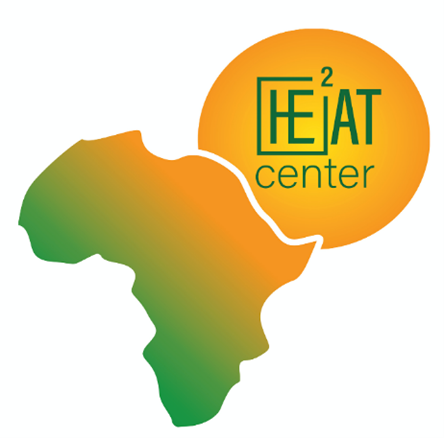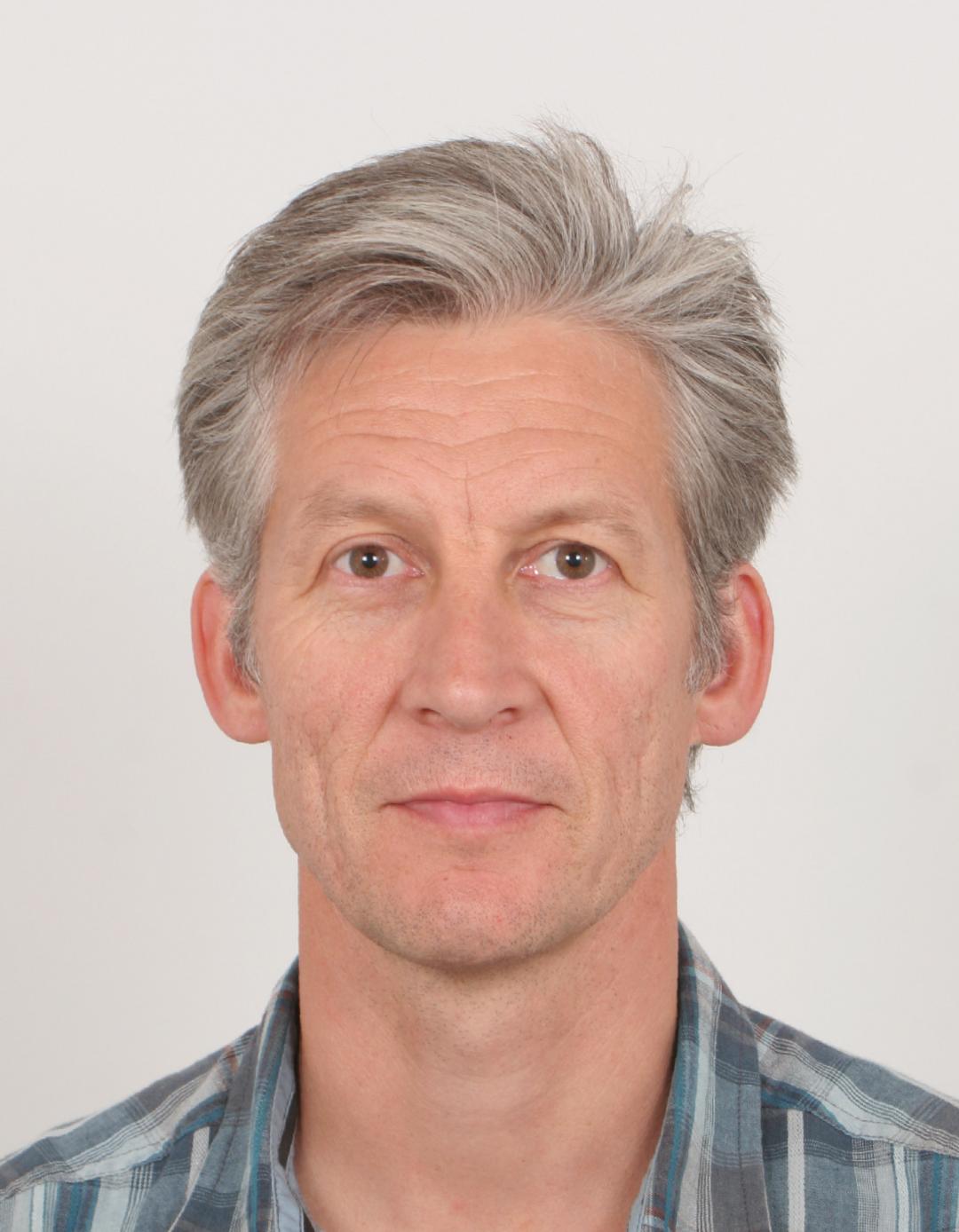
Developing data science solutions to mitigate the health impacts of climate change in Africa: the HE2AT Center (HE2AT)

Luchters Stanley
MPI
Research Hub

1U54TW012083-03

The world's climate is changing rapidly, with global temperatures having risen more than 1°C since the industrial revolution, and a further 0.5°C increase is likely by 2040. Heat waves and rising temperatures have major, though underappreciated, health implications, particularly for vulnerable populations in low-income settings. The overarching objective of the Heat and Health African Transdisciplinary Center (HE2AT Center) is to develop innovative solutions to mitigate the health impacts of climate change in Africa. The consortium of academic and non-academic partners is drawn from across sub-Saharan Africa and from the United States, and constitutes a transdisciplinary group, including heat physiologists, biomedical and climate content experts, public health practitioners, social-behavioral scientists as well as statisticians, and computer and data scientists. The Center will systematically develop a data ecosystem containing biomedical data, integrated with weather, air quality and other environmental data, and other geospatial data within two existing highly- complementary data platforms (IBM-PAIRS and the University of Cape Town). Over five years we will implement two Research Projects and 10-12 Pilot Projects, all streamlined and supported by the Administration, Data Management and Analysis, and Training and Engagement Cores. The first Project will implement an innovative data science approach to characterize the clinical outcomes of heat exposure in pregnant women and neonates. We will reuse data from cohorts and trials among pregnant women and neonates conducted across sub-Saharan Africa since the year 2000. Data from systematically identified studies will be integrated in an Individual Participant Data platform from data repositories and data owners. Then, analyses of relationships between heat exposure and outcomes (preterm birth, birth weight and pre- eclampsia) will inform quantification of heat-related disease burden. Finally, taking all findings together, we will pilot a district-level climate change indicator, the first of its kind. The second Project assesses the burden of heat-related morbidity in vulnerable urban settings using geospatial and heat hazard analyses in Abidjan, Cote d'Ivoire and Johannesburg, South Africa. This Project uses more complex data and data sources on the built environment and topography, for example, to assess heat-health impacts, and how these vary across urban geographies. Activities will inform development of an Early Warning System, including a digital App that delivers information to people on their forecasted risks of heat-health disease, based on their individualized risk profile, as determined by a machine learning algorithm which takes into account weather conditions, individual characteristics, geolocation and other factors that drive risk. These systems are a central element in heatwave responses, allow for adequate preparations for heat events, which is especially important for vulnerable groups and industry. We will collaborate closely with other Hubs and parts of the DS-I Africa consortium, supporting them to incorporate climate data within their research activities, and vice versa.
Public Health Relevance Statement
HE2AT Center Overall - Project Narrative The Heat and Health African Transdisciplinary Center (HE2AT Center) will generate new knowledge on the impacts of heat waves and extreme heat on clinical conditions and on people living in vulnerable urban settings, applying data sciences approaches to existing environmental and high-quality health outcomes data. Perhaps more importantly, the Center will develop and test innovative solutions for tracking heat-related conditions at a district level and for providing individualized early warnings of dangerous heat periods relevant to high-risk groups, industry and the general population. In all Center activities we will build capacity of the team and key organizations, engage with communities, government and other stakeholder, and work across the DS-I Africa Program.

